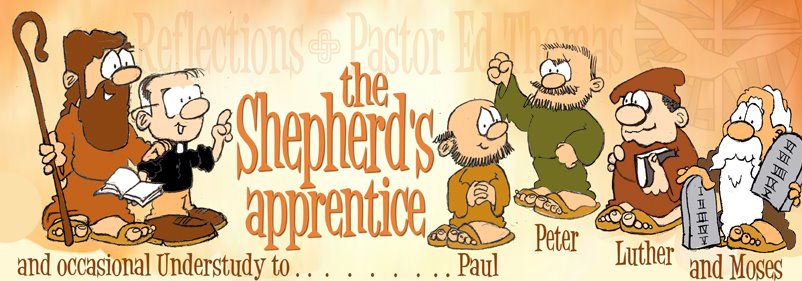By the ordinances of the Lord
is your servant warned.
Psalm 19:11a
That verse begs a little context, doesn’t it?!
“Warning,” in context, is the final role of the laws, commands, and ordinances of the Lord. Listen to the positive things that the Psalmist cheers first …
- 19:7a The law of the Lord is perfect, reviving the soul.
- 19:7b The decrees of the Lord are trustworthy, making wise the simple.
- 19:8a The commandments of the Lord are right, bringing joy to the heart.
- 19:8b The commands of the Lord are clear, giving insight to life.
- 19:9b The laws of the Lord are true; each one is fair.
- 19:10a They are more desirable than gold, even the finest gold.
- 19:10b They are sweeter than honey, even honey dripping from the comb.
Based on the underlined words, the law of the Lord is trustworthy, perfect, clear, right, and true. God’s commands are even desirable and sweet. And God’s ordinances provide us with – bold print – wisdom, joy, justice (fair), and life (reviving).
What else does God’s law provide. Let’s read today’s verse in another translation …
- 11a [God’s ordinances] are a warning to those who hear them;
- 11b there is great reward for those who obey them.
We like the word “reward.” But should we like the word “warning” too?
Let me give you an example … I’ll admit that I’m occasionally testy when Mary Louise gives me instructions when I’m driving. (I’m a proud man, of course.) But in spite of the occasional annoyance, my bride has saved my life more than once. Occasionally, I haven’t seen the brake lights in front of me. Therefore, from time to time I’ve had to humble myself and begrudgingly say, “Thanks for the warning.”
A warning may not always be welcome news, but if it saves us from destruction, it is good news, nonetheless.
If you’re a believer, you are NOT saved or doomed by your works. It’s God’s grace not our actions that save us. But that’s talking about salvation and destruction in an eternal sense.
Let’s talk for a moment in a daily, human, moment-to-moment sense: Our actions can lead to pain, grief, and various kinds destruction. Don’t you want to be saved from the opposite of what God’s law brings? If the gift of the law is wisdom, joy, justice, and life, then the opposite – and what we can avoid -- is frustration, injustice, anger, bad decisions, destruction, and death.
I don’t know about you, but I’m cheering for God’s law.
In Christ’s Love,
a proud automobile driver
– and an equally proud human –
who’s been given life
because of timely warnings

